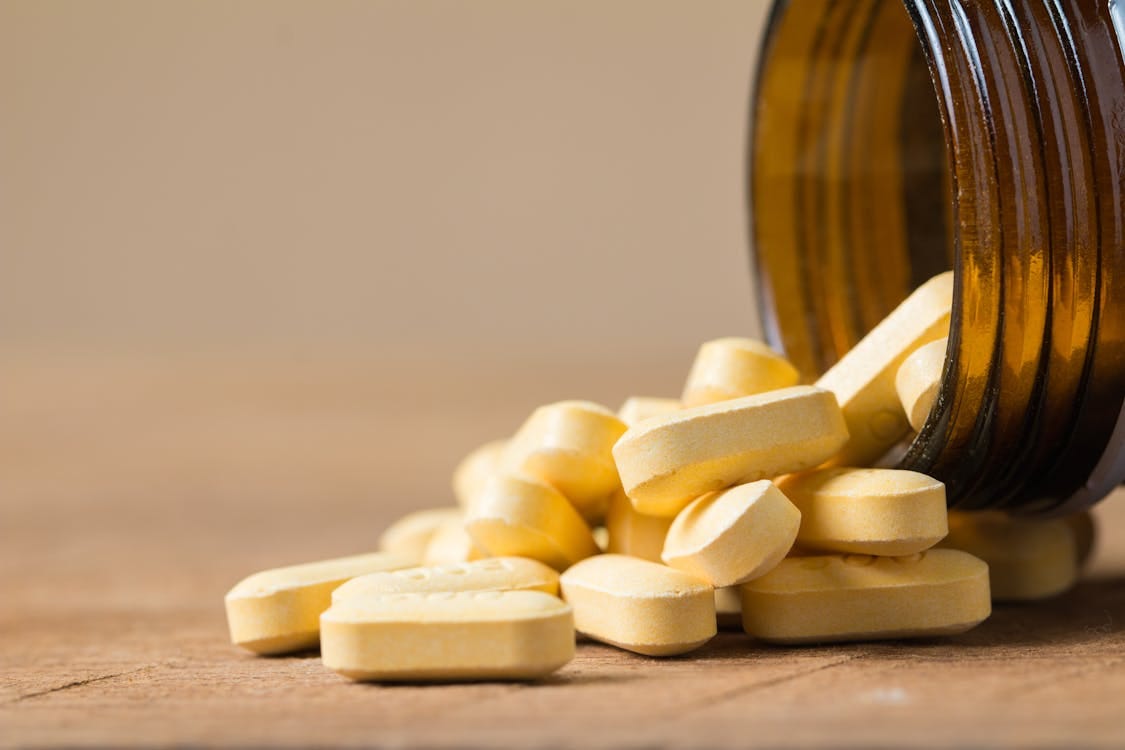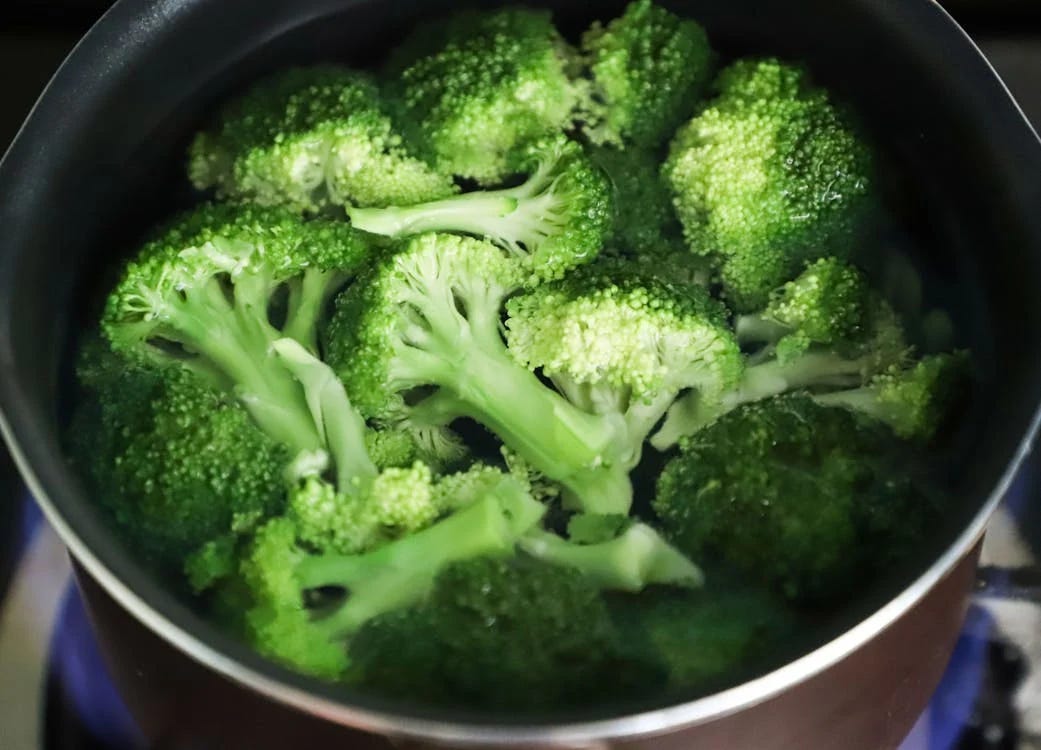How to Avoid Energy Slumps with the Right Nutrients: Why Your Healthy Diet Might Be Draining You
Feeling tired despite eating well? It might be more than just your diet. In this issue, we dive into the hidden reason behind low energy: micronutrient deficiencies.
We’ve all been there. You’ve switched to a “healthy” diet, full of salads, lean proteins, and maybe even the latest superfoods everyone’s raving about. But despite your best efforts, you still feel sluggish, tired, and drained. So, what’s going on?
You might be doing everything "right" but still missing something important. Today, let’s dive into why your so-called “healthy diet” might actually be leaving you feeling drained, and how you can fix it by focusing on the nutrients your body truly needs.
The Micronutrient Deficiency You Didn’t See Coming
Here’s the truth: even if you’re eating all the right foods, you could still be lacking essential vitamins and minerals that your body needs to perform at its best. These nutrients—called micronutrients—are the unsung heroes of your overall health and energy. They’re involved in everything from immune function to mood regulation to turning food into fuel.
Without enough of the right micronutrients, it’s like trying to drive a car with an empty tank. You may still be moving, but you're definitely not going far.
Micronutrient deficiencies can lead to symptoms like:
Fatigue
Mood swings
Poor concentration
Sluggish digestion
Weak immune system
Iron, magnesium, and B vitamins are just a few examples of key micronutrients that play a huge role in keeping your energy up.
How Even “Healthy” Foods Might Be Missing the Mark
So, how does it happen? How can a healthy diet still leave you feeling drained?
For one, the food we eat today might not have the same nutrient content it once did. Due to modern farming practices, the soil is often depleted of essential minerals, which means the produce we buy doesn’t always pack the same nutritional punch as it did decades ago. So, you may think you’re eating a perfectly balanced diet, but if those vegetables are nutrient-deficient, you’re not getting the full benefits.
Additionally, even some “healthy” foods can actually deplete your body of essential nutrients. Things like processed foods, even when they look healthy, can contain hidden sugars, preservatives, and refined oils that interfere with your gut health and energy levels. You might be eating a salad, but if it’s loaded with a store-bought dressing full of sugar and unhealthy fats, it’s not the energy-boosting meal you think it is.
How to Fix It: Boosting Your Energy the Right Way
The good news is that you don’t have to overhaul your entire diet. Small, simple changes can have a huge impact on your energy levels.
Here are some key strategies to boost your energy:
Prioritize Nutrient-Dense Foods
Make sure your meals are packed with foods that are rich in essential vitamins and minerals. Focus on leafy greens, like spinach and kale, fatty fish such as salmon, and nutrient-dense nuts and seeds. These foods will provide you with the vitamins your body needs to function at its best, including those energy-boosting B vitamins and magnesium.Consider Supplementing with Key Nutrients
If you're still feeling sluggish despite your best efforts, consider adding a quality supplement for nutrients like iron, B12, and magnesium. These can help fill any gaps in your diet. But be sure to check with a healthcare provider before starting any new supplements.
Hydration is Key
We often underestimate how crucial hydration is for our energy. Dehydration can cause fatigue and a lack of focus, so make sure you're drinking enough water throughout the day. A well-hydrated body is a well-functioning body.
Small Changes, Big Results
It doesn’t have to be complicated. The key to avoiding energy slumps is to make sure you’re nourishing your body with the right foods and nutrients. This means focusing on nutrient-dense options, staying hydrated, and supplementing where needed.
Here’s a simple action you can take today: Swap out one of your regular meals for a nutrient-packed option like a salad with spinach, walnuts, and salmon. It’s an easy way to start feeling the difference in your energy levels.
Empowering Yourself to Thrive
Remember, being “healthy” isn’t just about eating salads or cutting carbs. It’s about fueling your body with what it truly needs. Micronutrients, hydration, and nutrient-dense foods are the building blocks of sustainable energy. When you start nourishing yourself in the right way, you'll feel more energized, focused, and ready to take on the day.
Don’t forget to check in with yourself. Are you truly nourishing your body with the nutrients it needs, or are there gaps you need to fill?
Conclusion
If you’ve been feeling drained despite your best efforts to eat healthy, it might be time to re-evaluate your nutrient intake. By prioritizing nutrient-dense foods, staying hydrated, and considering supplements, you can help ensure your body has the fuel it needs to thrive.
Take small steps today to give your body the right nutrients, and see how it transforms your energy levels. Your body will thank you for it!
If you found this article helpful, feel free to leave a comment below or share your own tips for boosting energy with the right nutrients! You can also subscribe to my newsletter for more wellness insights, tips, and updates straight to your inbox.










